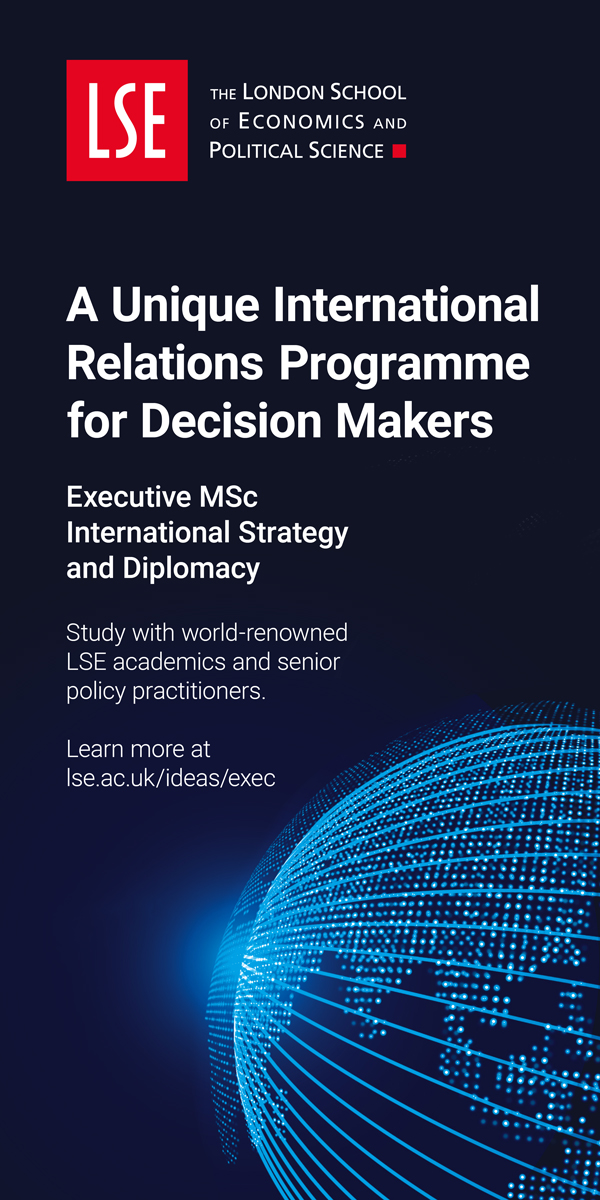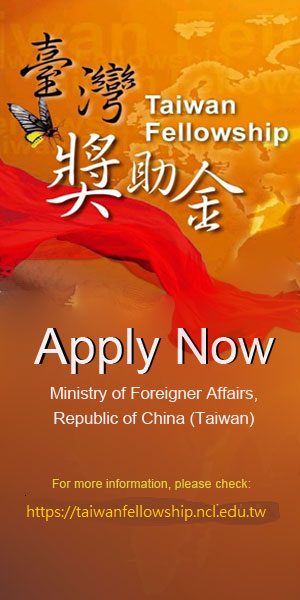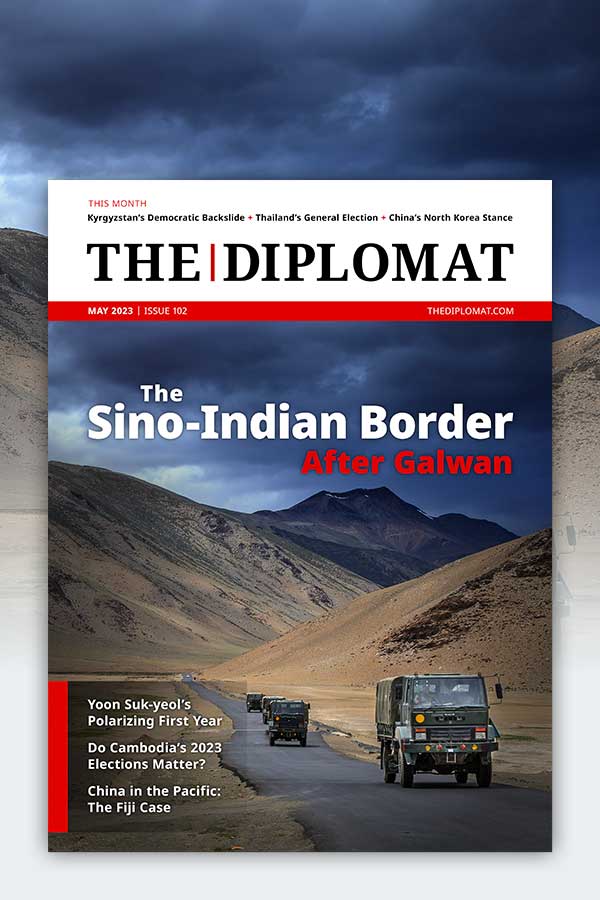| Welcome to the latest issue of Diplomat Brief. This week our top story explores the tumultuous past week in Pakistan’s politics. We also have an interview with Qadir Habib, the RFE/RL’s Afghan Service director, and Malali Bashir, a senior editor at RFE/RL, on journalism in Taliban-ruled Afghanistan. |
| Story of the week | ![[object Object]](https://thediplomat.com/diplomat-brief/2023/vol20/images/feature.jpg) | Politics Pakistan: In the Eye of the Political StormWhat Happened: On May 9, former Prime Minister Imran Khan was arrested on new corruption charges while appearing in a separate court case in Islamabad. Khan has faced numerous charges – over 140, at current count – since he was ousted from office last April; he maintains the cases are politically motivated, designed to prevent him from prevailing in elections due later this year. But his forcible arrest at the hand of a paramilitary force lit a powder keg. Thousands of Khan’s supporters rallied – and rioted – across the country, setting fire to military homes and facilities. The authorities hit back with mass arrests and internet shutdowns. Khan was ordered released by the Supreme Court on May 11, but few think he is out of the woods. Our Focus: “Absolutely, Mr. Khan will be arrested again. We are looking at a judiciary in Pakistan which is fragmented and can be influenced,” Dr. Avinash Paliwal, associate professor in International Relations at the School of Oriental and African Studies (SOAS), told The Diplomat. “The ruling [on Friday] was made by pro-Khan judges within the Supreme Court and now the Army will try to fix that.” But, Paliwal warned, as the establishment maneuvers to remove Khan from the board before the next general election, public backlash will be severe. “Imran Khan, politically, has captured the imagination of most of the country, certainly in Punjab, and that is not going to go down. The people’s power is with him.” What Comes Next: Pakistan can ill-afford severe political turmoil, as the country faces down an economic default and a growing wave of terrorism. But by all indications, a major confrontation is brewing. “To me, it is clear that only one – either Mr. Khan or the army chief – can survive this crisis, politically,” argued Uzair Younus, director of the Pakistan Initiative at the Atlantic Council, a U.S.-based think tank. Both Khan and the military – as well as the current civilian government leaders – seem determined to continue their all-out war, with Khan accusing the military of wanting to assassinate him and his opponents accusing Khan of corruption and fomenting violence. The next step in any of the many cases against Khan could spark a repeat of the violence – and violent crackdowns – seen last week. Read this story |
| Behind the News | INTERVIEW Qadir HabibQadir Habib, the RFE/RL’s Afghan Service director, and Malali Bashir, a senior editor at RFE/RL, on Afghanistan’s media environment: “After the Taliban takeover, over 50 percent of media outlets shut down, hundreds of journalists fled the country, and hundreds more lost their jobs. Many reporters were threatened, arrested, and tortured… Local journalists in the provinces are told to share their reports with Taliban information department officials before publishing.” Read the interview |
| This Week in Asia | Northeast Asia G-7 Leaders Gather in Hiroshima, JapanIn the culmination of Japan’s stint as G-7 president, the group’s leaders will convene in Hiroshima from May 19-21. In addition to fellow G-7 members, Japan has invited Indo-Pacific allies Australia, India, and South Korea, as well as leading countries from the Global South. Now the question is whether Japan can coordinate all those actors to make progress on its stated agenda, from bolstering the international order (read: countering China and Russia) to rebuilding the global economy after COVID-19. Find out more | South Asia India’s Congress Party Wins Crucial State ElectionIndia’s largest opposition party, the Congress, has snapped out of its electoral funk, dethroning the BJP in the southern Indian state of Karnataka. Congress and the BJP alike saw the polls as a crucial referendum on the ruling party’s viability in southern India. Meanwhile, India’s other opposition parties, particularly regional forces, are not fully warm to the idea of a resurgent Congress. Find out more | Southeast Asia Thailand’s Opposition Scores Stunning Election VictoryThailand’s opposition Move Forward Party is celebrating its remarkable win in the country’s general election on May 14, in which voters soundly supported an end to military-backed rule of Prime Minister Prayut Chan-o-cha. The party is expected to emerge with 151 of the 500 seats in the House of Representatives, with another 141 going to the opposition Pheu Thai Party, which was initially expected to top the poll. The two parties are already in talks to form a coalition with four other small parties. But none of this guarantees an end to the military-dominated politics of the last decade. The parties still need to overcome the veto of the 250-member military-appointed Senate, which will vote in July to select the next prime minister. And with up to 60 days until the Election Commission confirms the results of Sunday’s poll, there is ample time for conservative challenges and other legal chicanery. Find out more | Central Asia A “New Blueprint” for Relations Expected at China-Central Asia SummitWhile the G-7 leaders meet in Hiroshima later this week, China’s Xi Jinping and the presidents of Central Asia’s five countries will gather in Xi’an. Beijing says Xi has an important speech to make and that the leaders will sign an “important political document.” China’s interests in Central Asia – the original launching point for the Belt and Road Initiative – have grown considerably over the last decade. Find out more |
| Visualizing APAC |  | In recent years, there has been a huge surge in drone activity along the ever-tense India-Pakistan border, putting a new wrinkle in the security environment. See the full picture |
| Word of the Week | Society Long lanh như phim HànThe Vietnamese idiom, meaning “beautiful as Korean dramas,” hints at the cultural impact Korean media has had in Vietnam. Find out more |
|  |




![[object Object]](https://thediplomat.com/diplomat-brief/2023/vol20/images/feature.jpg)

